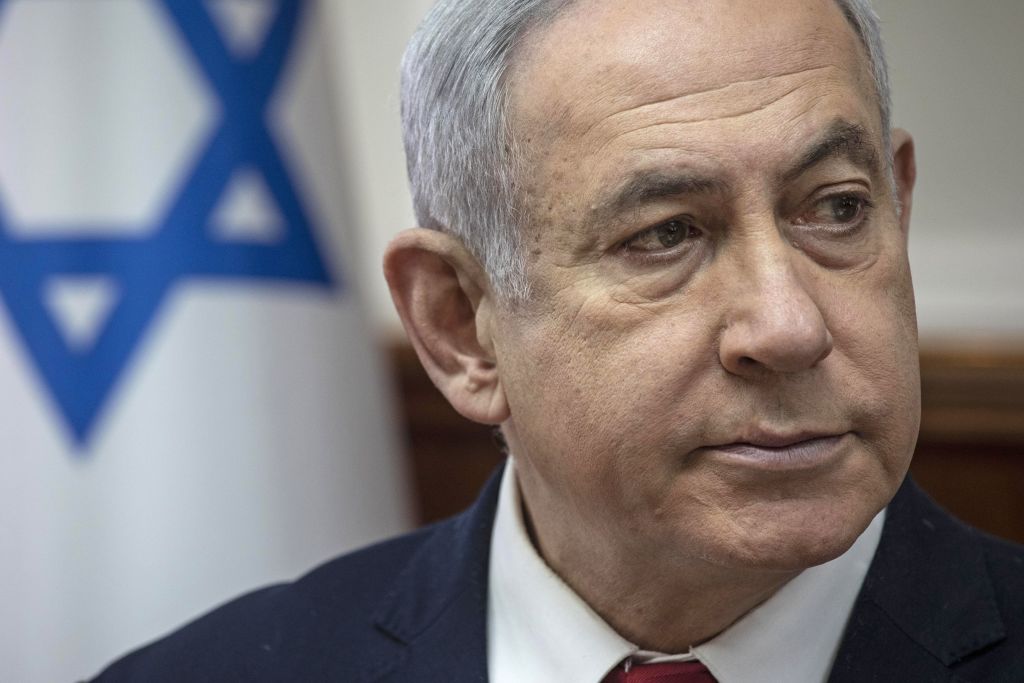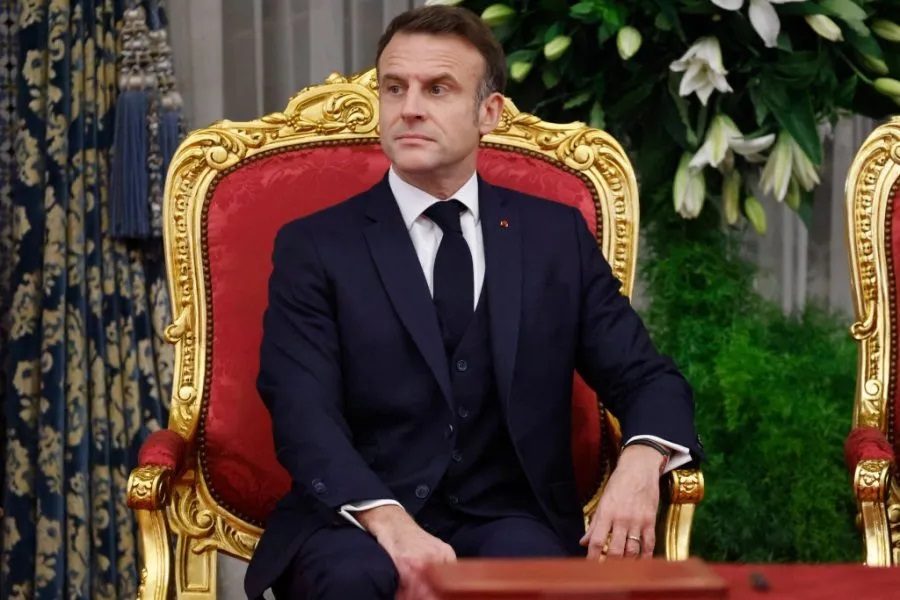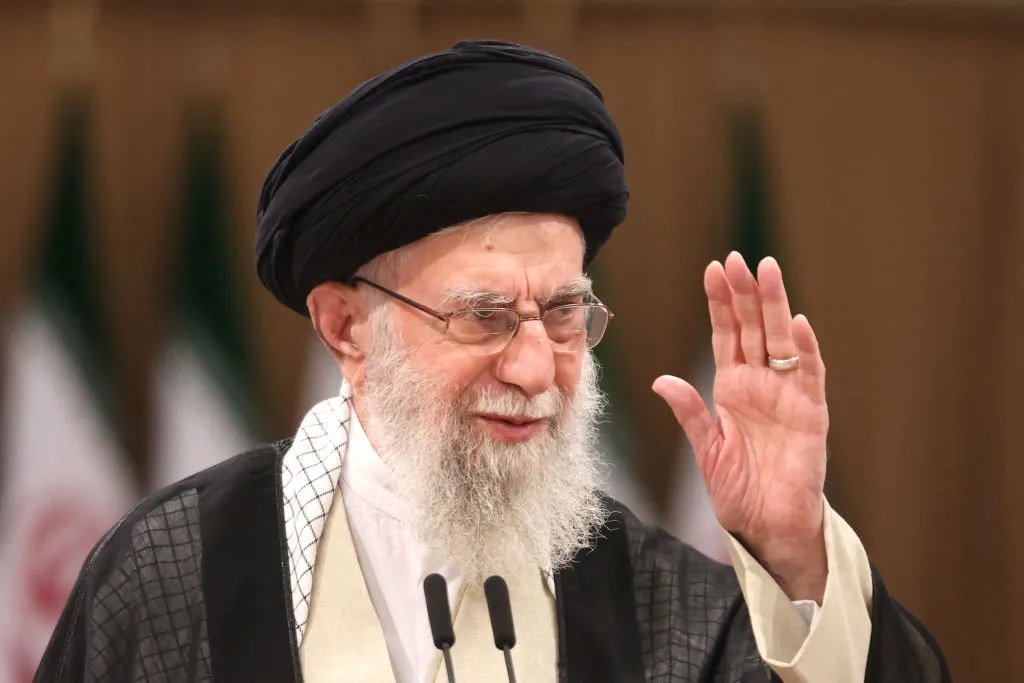Benjamin Netanyahu has made some of Israel’s foreign enemies his friends, but he’s finding it difficult to do the same domestically.
India’s prime minister Narendra Modi visited Israel in July 2017, the first Indian representative to do so since the two countries first established a diplomatic relations in 1992. Netanyahu returned the gesture by visiting India in January 2018, when the two leaders spoke of a future together that would benefit both countries. In January 2019, Prime Minister Netanyahu re-established diplomatic relations with Chad as part of his effort to pursue diplomatic ties with African states. And just a couple of weeks ago, on January 2, 2020, Netanyahu signed an accord with Greece’s prime minister Kyriakos Mitsotakis and Cyprus’s president Nicos Anastasiades to construct a natural gas pipeline linking Israel, Greece and Cyprus to the European market via Italy.
These are but a few examples of how Netanyahu pursues foreign alliances for mutual benefit, and solidifying peace and prosperity for Israelis. But will his upcoming corruption trial scupper his bid for re-election?
This is Bibi we’re talking about, a man that has shown tremendous political skill over the years. Against the odds, and against Bill Clinton’s backing of Shimon Peres, Netanyahu was elected prime minister in 1996. It was his financial reforms as Israel’s financial minister that helped Israel survive the 2008 global financial crisis. Under his aegis, Israel has become a high-tech powerhouse, creating a desire for strong ties in other countries — not just India. And after years of the wretched war in Syria, the Golan is still safe from Hezbollah and the Syrian chaos across the border. We also can’t dismiss the power of having Putin and Trump on speed dial. If anyone is master of the deal, Bibi is.
Since late 2016, however, Netanyahu has been under the focus of corruption investigations. Although he has denied wrongdoing, claiming his enemies and the media are in a conspiracy against him, the evidence continued to mount until attorney general Avichai Mandelblit had to act, authorizing investigations into Netanyahu and many of his Likud associates and friends. Some of the allegations include kickbacks from foreign companies, and favors in exchange for improved media coverage. In September 2017, Mandelblit also indicted the prime minister’s wife, Sara Netanyahu, for fraud and breach of trust. She had spent over $100,000 of public funds for catering and lavish meals at the prime ministerial residence, eschewing the government-hired chef. She made a plea agreement in June 2019.
In November, Netanyahu was indicted on corruption charges — fraud, bribery and breach of trust. He has requested immunity from prosecution for as long as he is in office, but it doesn’t look like his gambit will succeed. On January 5, 2020 the Knesset legal adviser, Eyal Yinon, issued an opinion stating that although a government has not been formed, an ad hoc committee can be established in order to rule on the immunity plea. To the glee of Netanyahu’s challengers in the upcoming elections, the Blue and White centrist bloc, the Knesset has now voted to form this committee.
‘Blue and White has zero achievements for the citizens of Israel,’ Netanyahu responded, ‘so they hijacked the Knesset in order to advance their only campaign: “Anyone but Bibi.”’
Once that committee is established, Netanyahu will have to appear before the Knesset House Committee, which will decide whether or not to grant his petition. If they don’t — and that looks likely — the indictments will go to the Jerusalem District Court. The showdown is coming, just in time for the March 2 election.
Luma Simms is a Fellow at the Ethics and Public Policy Center, Washington, DC.


























